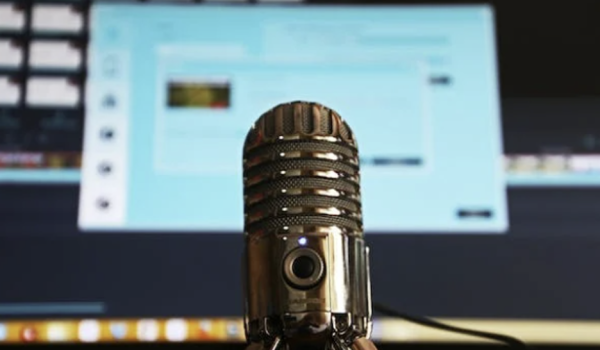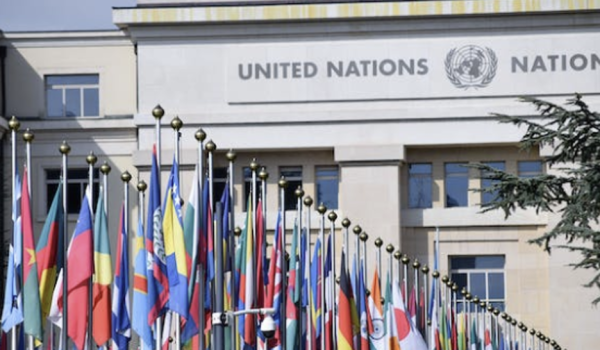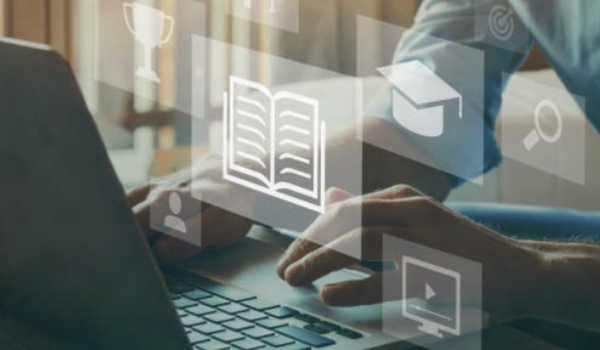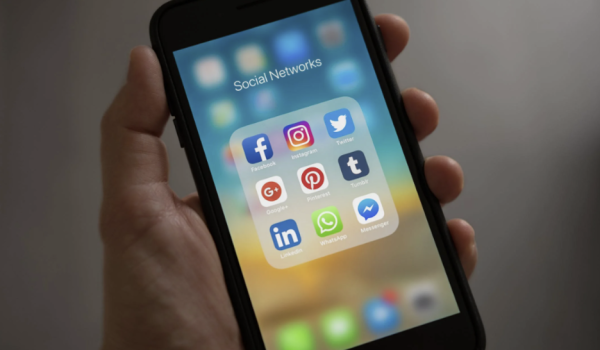Getting prepared for life through education is indeed relevant, but how can I boost my own learning over time? This article will give you some suggestions and advice for that!
Although we talk about education and its importance for the construction of a new society, there are concepts that not all teachers and students know and, consequently, are not applied in our learning habits. One of these terms is metacognition.
Before addressing this very important topic, let’s reflect a little. To what extent did I, as a child or teenager, practice my critical reasoning during the lessons at school? Am I aware of how and when I learn better? How can I regulate my own learning at any moment of my life?
All these questions are related to metacognition skills. And even though it may sound like a complex word, metacognition can be summarized simply as the ability to think about one’s own thinking process. Beyond learners’ styles and variability, the thinking processes involved in learning are a special matter when developing autonomous learning skills.
Why Does Metacognition Matter?

Metacognition involves several mental processes related to critical thinking. For example, a learner with high metacognitive skills cannot only understand their own ideas, and reflect on the learning acquired. This individual will also be able to identify which steps they previously followed to maximize their learning, which factors helped them learn more effectively, what aspects could limit their learning in the future, and how to overcome these potential challenges.
People practice metacognition every day without even realizing it. An example of metacognition can be the following: when solving a mathematical problem, the student is able to identify how their own reasoning indicates to them the steps to follow for its resolution. Nonetheless, individuals in after-school life need not only to be capable of solving equations and technical problems. People also need to be willing to make personal and professional decisions based on a process of self-knowledge and environmental factors. And it is at this point where metacognition takes relevance.
Individual and group reflection on what and how a student is learning is important. It allows students not to focus solely on acquiring the knowledge and contents explored with teachers in a specific lesson—which is important in education, but not the only objective of learning. Rather, it also allows students to develop an awareness of their own process to learn and how to constantly improve it. Like a flexible process: if a person knows how they learn, they will be able to self-regulate this learning even in different scenarios.
This process does not only work for knowledge acquisition. It can also be helpful for emotional intelligence. Reflecting on their own emotions allows students to gain insights into how they feel, what their needs are, and how they behave, as well as making it easier for them to adapt to new experiences, challenges, and emotional setbacks. But how can a person become metacognitively stronger?
How to Strengthen Metacognitive Skills

Some educational research has led to a spread of a variety of recommendations to strengthen metacognition as a learner and boost independent learning. In this section, there are three recommendations that can be helpful for every person that wants to boost their metacognitive skills:
- Time for individual reflection: Giving ourselves time for reflecting on what, how, and why one learned something can be very useful. Some guiding questions that can help us might be: What did I learn in this lesson? What did I know about this before the lesson? What was the moment in which I learned less? What was I doing, thinking, or feeling at that moment? How would I like to learn more from this? It is also a good idea to search more about metacognitive questions, find some of them and adapt them to our self-reflection.
- Track your reflections: Just like exercise, metacognition requires constancy and time. So based on one’s individual context, setting specific habits for self-reflection is helpful. Many people prefer writing diaries to track their reflections; but one can try any other strategy that might help track our reflections on a frequent basis: blogging, videos, voice recording, etc. What matters is to dedicate some time frequently to reflect, and track these thoughts in a way that allows us to come back to them as many times as we need.
- Build your own self-study habits: Every person has, even unconsciously, some habits that go from the best moment of the day, to the way they review previous content, or to simultaneous activities while studying. It is important that you start noticing which works best for each person. Maybe studying on the bed is very efficient for a person to concentrate better, or maybe it may be tempting for them to fall asleep easily while studying. Or perhaps, one has realized that they learn better while listening to a certain type of music rather than others. Anyways, the suggestion is to find a top place and study routines, use them, and track those reflections about how they worked for self-learning.
To conclude, giving ourselves some time and effort to think about our own learning is as important as the content we learn. And the best part is that it is our own process, so anyone can build these habits in a self-paced rhythm. Becoming a metacognitive learner is possible and beneficial for autonomous learning, not only as a student but also in the future as an independent citizen.
Photo: Look Studio/shutterstock
You might also like:
Neuromyths in Education: Learning Styles And Classroom Diversity
Support us!
All your donations will be used to pay the magazine’s journalists and to support the ongoing costs of maintaining the site.
Share this post
Interested in co-operating with us?
We are open to co-operation from writers and businesses alike. You can reach us on our email at [email protected]/[email protected] and we will get back to you as quick as we can.










